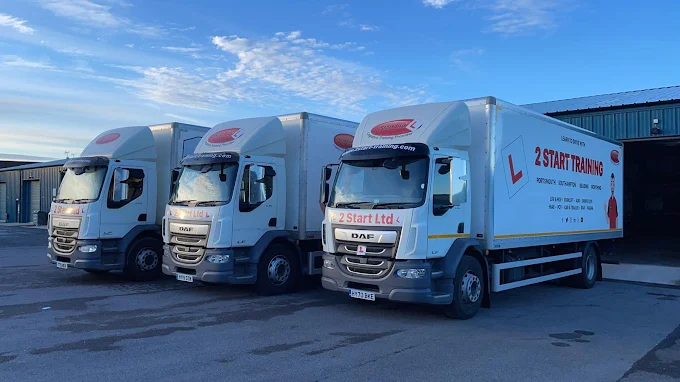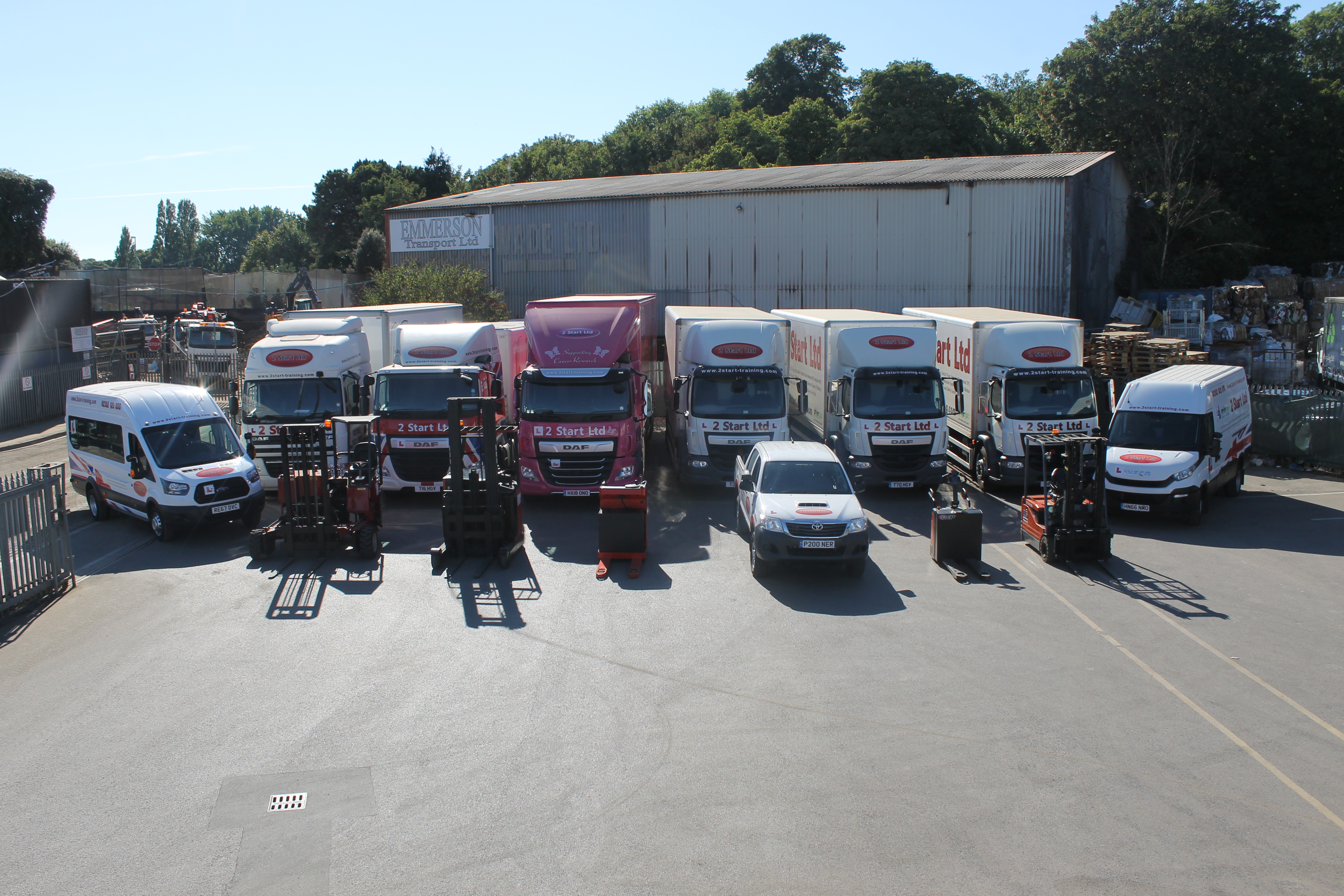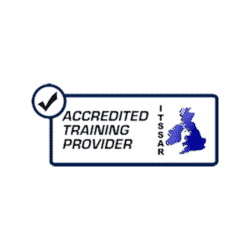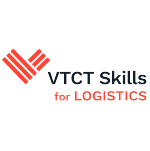What is the Removals Operative Apprenticeship?
The removals operative must be able to package items into boxes or crates and move them.
The job role also includes having to load and unload different packaged items or equipment. A
removals operative will need to know how to use different variations of operating systems,
computerised or manual, for daily tasks. Forklift Operator training is also added as a bolt on.
Train for either Counterbalance; Reach; Pivot Steer; or Powered Pallet Forklift Truck.

Download Our Apprenticeship Brochure Today

What’s received?
- Access to online E-folio
- Access to bespoke learning for functional skills (if applicable)
- Access to bespoke online courses
- Completion of all driver training and licence acquisition
- Completion of eight bespoke CPD modules
- Completion of the sixteen apprenticeship modules
- It’s a block release course (student comes to us when needed, not day release)
- Option to add bolt-on courses for a reduced cost.
Ofsted Report
We are proud to be rated ‘Good’ by Ofsted, which means our apprenticeship training has been independently recognised for its quality, effectiveness, and learner support. For employers, this provides reassurance that your apprentices will receive structured, high-quality training that meets national standards and delivers real results in the workplace.

How does the apprenticeship work?
For employers, apprenticeships are a highly cost-effective way to train staff, with training costs covered by up to 100% government funding. They aren’t just for school leavers, anyone aged 16 or over is eligible, with no upper age limit. This means you can use apprenticeships not only to recruit and train new team members but also to upskill or retrain existing employees.
The Urban Driver Apprenticeship runs for a minimum of eight months. During this time, apprentices need around six hours per week for off-the-job training. This can be scheduled flexibly to fit around busy trading periods. Off-the-job training includes completing e-learning modules, shadowing, and undertaking the required learning activities to achieve the qualification.
Each apprentice will have access to their own online apprenticeship platform, where all training resources are uploaded and progress is tracked. As an employer, you’ll also have access to this system, allowing you to monitor their development week by week.
To get started or find out more, all you need to do as the employer is book a free discovery call with our apprenticeship manager, Nicky.
Arrange Your Discovery CallWhat will it cost you as an employer?
If your business is a levy-paying employer (meaning your annual payroll is over £3 million, so you already pay into the government’s Apprenticeship Levy), then the apprenticeship training is fully funded for you.
If your business is not levy-paying (most smaller and medium employers fall into this category), you only pay 5% of the total course cost, and the government funds the remaining 95%. For this course, the contribution is £250.00
How much time/ commitment is required?
An apprenticeship typically requires around six hours per week of off-the-job training, though this is flexible and can include activities such as e-learning, shadowing colleagues, or practical tasks related to the role.
The full programme usually lasts around 8 months; however, the training is designed to fit around the needs of the business, ensuring apprentices can continue contributing to their role while developing new skills.
Is it only available for school leavers?
No, apprenticeships aren’t just for young people finishing school. They are open to anyone aged 16 and over, with no upper age limit. This means they can be used not only to recruit and train new staff, but also to upskill or retrain existing employees, and even support career changers who want to gain recognised qualifications while working.
For employers, this makes apprenticeships a flexible and cost-effective way to build skills across the workforce.
KSBs
Throughout the course, apprentices will build on the Knowledge, Skills and Behaviours (KSBs), which are used as a guide for the employee throughout their apprenticeship.
Knowledge
The key knowledge attribute apprentices will learn and need to show in their EPA include:
- The removals industry, such as types of services and employers.
- Health and safety regulations, standards, and guidance and impact on the role.
- Industry specific regulations and legislations relating to the moving and handling of items to include inland domestic moving, commercial moving, overseas moving, storage, working time directives and working hours.
Skills
The skills your apprentice will learn will be shown in a practical environment. Skills attained will include:
- Following procedures which are in line with health & safety regulations, standards, and guidance.
- Complying with regulations and legislations specific to the industry, relating to the moving and handling of items.
- Identifying and documenting hazards and risks within the workplace. Also, completing risk assessments.
Behaviours
The behaviours an apprentice will learn will be relevant to their job role. These behaviours will be identified through the students EPA, and include:
- Putting health and safety first.
- Considering the environment and sustainability.
- Supporting an inclusive workplace for example, respectful of different views.
Types of Training
Off-the-job
“Off-the-job” training is delivered by 2 Start Ltd during your apprentice’s normal working hours. This provides your apprentice with the support and guidance throughout their learnings. During this period, your apprentice will be given the following benefits:
Focused Environment
Completing their learnings away from the workplace allows apprentices to concentrate on their studies without the distractions of daily work tasks. This builds their knowledge without feeling the pressure of jobs they may be expected to complete in their daily job role, which gives them the opportunity to focus on their training.
Networking Opportunities
Coming away from the workplace and completing their education in a separate environment gives apprentices the time to connect with peers, instructors, and industry experts. This helps build a rapport with valuable professional networks.
Structured Learning
This provides apprentices with a solid foundation of theoretical knowledge and skills which are critical in their field. This can include classroom learning, eLearning, workshops, and other formal training settings. This helps them follow guidance according to their KSBs, providing a trusted framework.
Variety of Instructional Methods
There is a wide range of resources for the apprentices training which cater to different learning styles. This enhances the overall educational experience, while giving different options to how the apprentice can learn, so they can find the best learning method for them.
On-the-job
“On-the-job” training is delivered by the employer during your apprentice’s normal working hours. This is where they will relay their learning and training within their job role. The benefits of on-the-job-training include:
Practical Experience
This allows apprentices to refine their theoretical knowledge and apply this in real-world settings. Being able to gain hands-on experience helps to reinforce their understanding and proficiency.
Mentorship
Apprentices benefit from the guidance of professionals who work in their sector. These individuals can provide real life insights, feedback, and support. Because the apprentice has gained the theoretical knowledge, they can understand the context of what their mentor is discussing.
Adaptability
Working in a real-world environment helps apprentices develop essential soft skills such as problem-solving, communication, and teamwork, which are crucial for career success. They understand what the workplace is like and can use their initiative to use their soft skills effectively.
Balanced Skill Development
Apprentices gain a well-rounded education that includes both theoretical knowledge and practical skills. While theory-based learning helps build the stepping stones, the practical element solidifies their confidence within a working environment, while also building on their hands-on experience, which could help to reduce complacency.
Immediate Application
Learning in the workplace allows apprentices to see the direct relevance of their training. Reinforcing their learning through practical application straight away betters their understanding as to how certain components are completed in particular ways, making them more efficient and confident in their decision making.
Increased Engagement
The variety keeps the learning experience dynamic and engaging, reducing the risk of burnout or disengagement. Your apprentice may also have other ideas and suggestions to help with the workplace, which helps with their confidence in decision making.
Greater Job Readiness
Apprentices are better prepared to transition smoothly into full-time roles, equipped with both the technical and soft skills needed to excel. They won’t feel pressure, and they will be equipped with the KSBs essential for them to succeed.
Employer Benefits
Employers get the advantage of developing a skilled workforce that is tailored to their specific needs, reducing the skills gap and improving overall productivity. Also, recruiting a new employee is costly, and they have to learn and understand their duties and responsibilities in the workplace, as opposed to a current, upskilled employee who is already familiar with the business, as well as their job requirements.
Types of training
- Off-the-job (20%)
- ‘Off-the-job’ training is delivered by 2 Start Ltd during your apprentice’s normal working hours.
- On-the-job (80%)
- ‘On-the-job’ training is delivered by the employer during your apprentice’s normal working hours.











